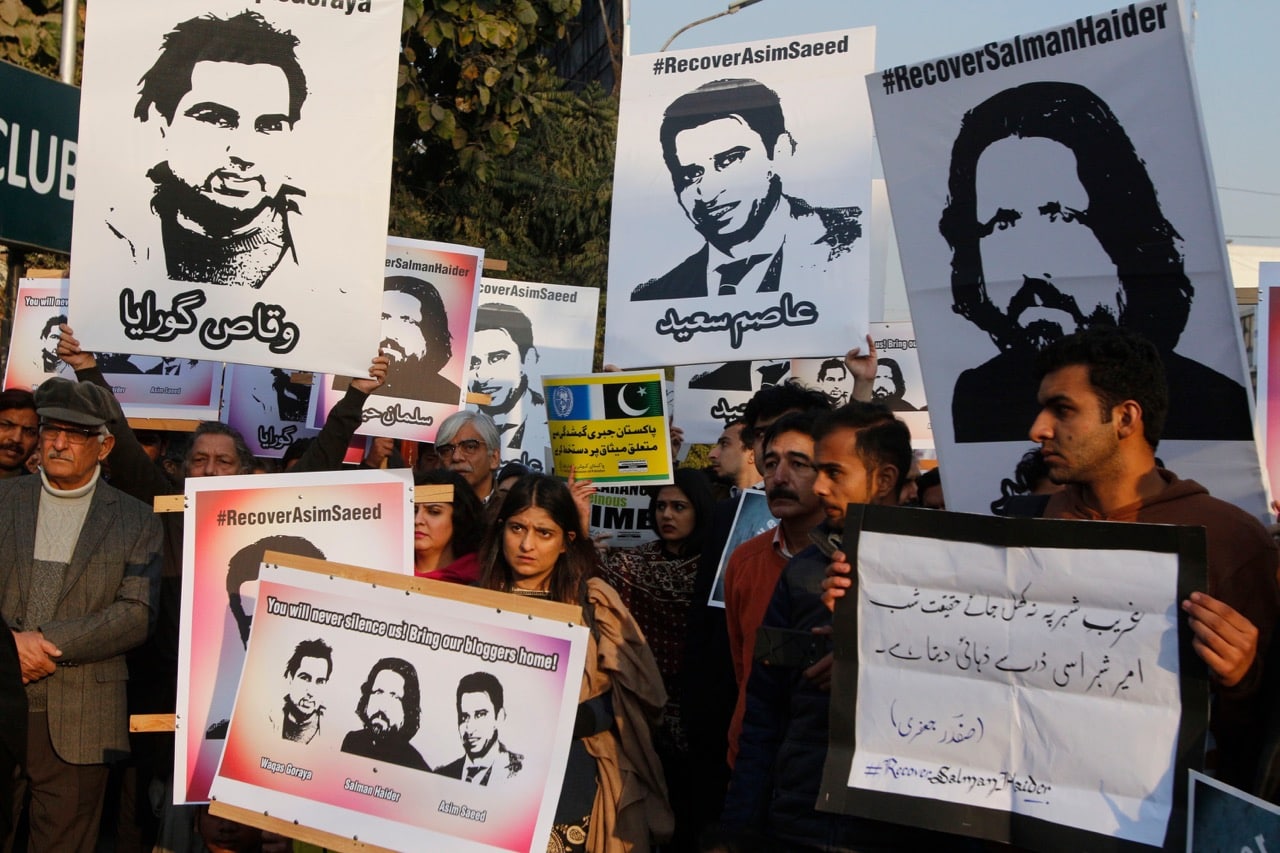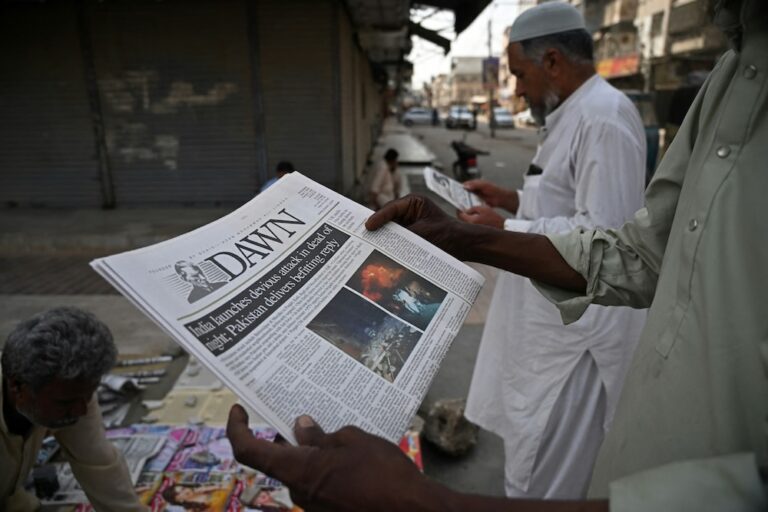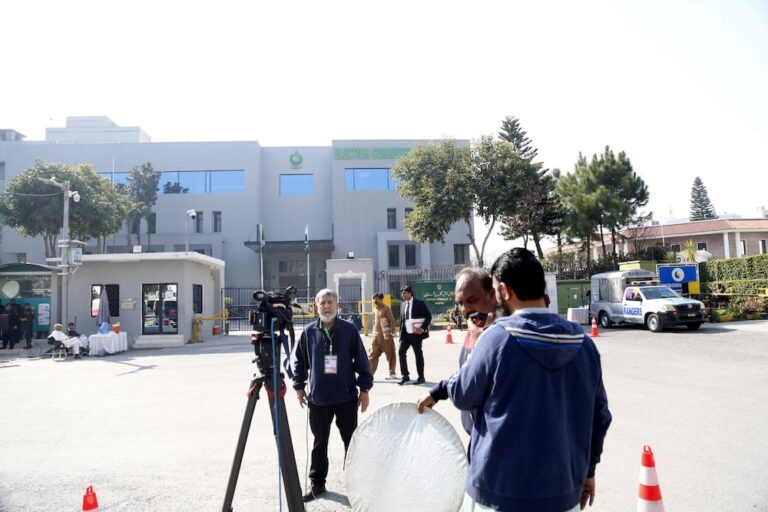These threats are discussed in Bytes for All's yearly publication known as the "Internet Landscape of Pakistan".
This statement was originally published on bytesforall.pk on 20 December 2017.
Bytes for All, Pakistan is highly concerned over the emerging threats to the Internet landscape in the country. The emerging threats range from arbitrary administrative shutdowns, misplaced judicial activism against Internet freedoms, the rise of cyber armies, enforced disappearances of activists and abuse of cyber-crime laws.
These findings have emerged out of Bytes for All’s yearly publication known as the “Internet Landscape of Pakistan”. This year’s publication is based on the indicators that were developed after careful customization of the framework on freedom of expression provided by Mr. Frank La Rue, former UN Special Rapporteur on expression and opinion.
“Internet Landscape of Pakistan” is an indigenous effort to regularly monitor and document the ongoing trends and challenges that impact digital and human rights in the country. This is the third edition in the series.
Internet penetration, after auctioning of the 3G/4G spectrums, has risen significantly; however, the arbitrariness of available legal frameworks, the problematic interpretation of laws by the judiciary and the repressive mindset of the state authorities collectively have been resulting in a restricted landscape for internet in Pakistan.
The dawn of 2017 brought many significant challenges and troubling trends in the existing internet landscape of Pakistan, where we saw blatant infringements on fundamental freedoms including freedom of expression, access to information, peaceful assembly and of association, and the right to privacy.
As anticipated, terrible consequences emerged with the enactment of the Prevention of Electronic Crimes Act, 2016. Several bloggers were abducted, allegedly by the state authorities, and many social media activists and journalists have been summoned by the investigation agencies for their online political expression. This trend has cultivated a climate of fear and self-censorship and further strengthened the culture of impunity.
Over the course of the last year, the increased access to the internet has also resulted in an increased threshold of online crimes against social media users and political activists with dissenting voices. These include both the State and non-State actors’ patronized crimes.
Cyber armies hired and organized by different State and non-State actors is another phenomenon, which is being used as an effective tool to stifle expression and distort progressive narratives in online spaces. These cyber armies will manipulate truth and seed campaigns against individuals or like-minded groups to undermine their opinion by inciting violence, threats to their life and shrinking spaces. All minorities in the country are particularly at the receiving end of these vile threats.
While we will continue to monitor and document the ongoing trends in the cyberspace of Pakistan, we expect that this publication will help the authorities to re-think their strategies to make cyberspace a place where citizens’ fundamental rights are protected and socio-economic well-being is promoted.



